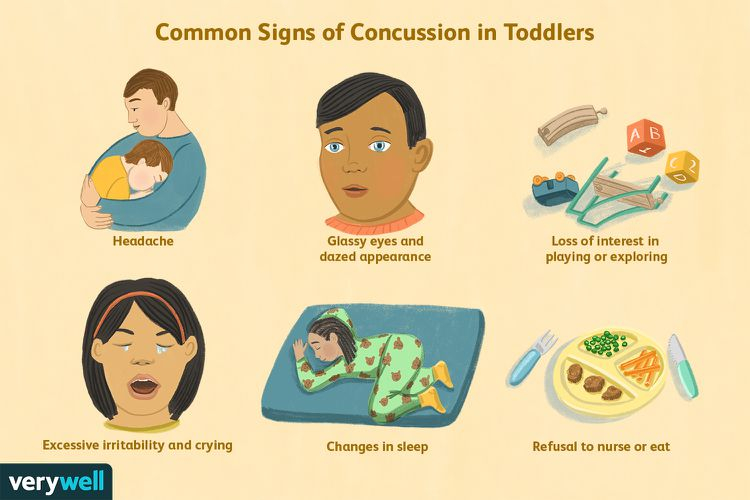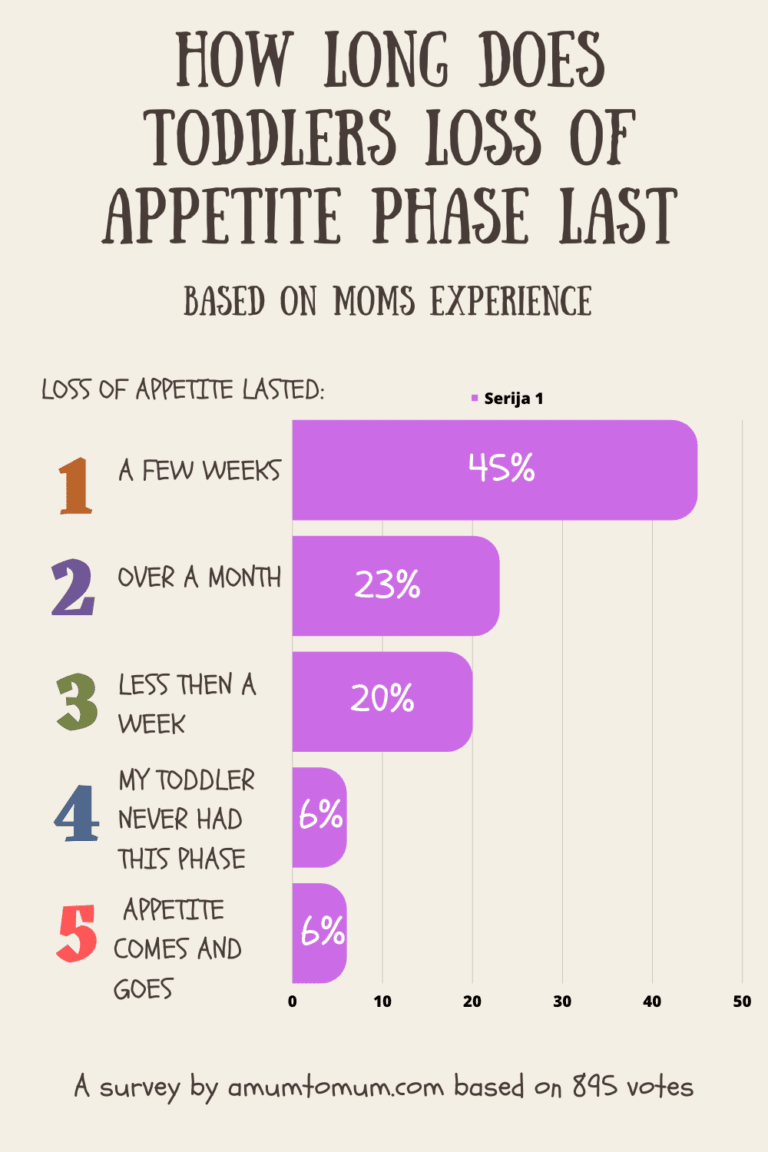What Is The Best Age To Start Growth Hormone Treatment?
Growth hormone (GH) is a naturally occurring hormone that plays a vital role in growth and development. It is produced by the pituitary gland and helps to regulate height, bone density, and muscle mass. When GH levels are insufficient, it can lead to a condition called growth hormone deficiency (GHD), which can cause short stature and other health problems.
GH treatment is a safe and effective way to improve growth and development in children with GHD. However, the optimal age to start GH treatment is a topic of debate among medical professionals. Some experts believe that it is best to start GH treatment as early as possible, while others believe that it is more beneficial to wait until the child is older.
Introduction
Growth hormone treatment is a medical intervention that involves administering growth hormone to individuals who have a deficiency or resistance to this hormone. It plays a crucial role in promoting growth, development, and overall well-being.
Growth hormone, also known as somatotropin, is a peptide hormone produced by the pituitary gland. It is essential for regulating growth, metabolism, and various bodily functions.
Age Considerations for Growth Hormone Treatment
The optimal age range for initiating growth hormone treatment varies depending on the underlying condition and individual circumstances. Generally, treatment is most effective when started at a younger age, as the body’s growth plates are still open and responsive to the hormone.
Factors that influence the effectiveness of treatment at different ages include the severity of the growth disorder, the child’s overall health, and the timing of diagnosis. For example, children with severe growth hormone deficiency may require earlier treatment to achieve optimal growth potential, while those with milder forms may benefit from treatment at a later age.
Early Treatment
In some cases, early treatment may be necessary to prevent serious health problems. For example, children with Prader-Willi syndrome, a genetic disorder that causes growth hormone deficiency and excessive appetite, may require early treatment to prevent obesity and developmental delays.
Delayed Treatment
In other cases, treatment may be delayed until the child is older. For example, children with idiopathic short stature, a condition of unknown cause that results in short stature, may not require treatment until they are nearing puberty.
Benefits and Risks of Growth Hormone Treatment
Growth hormone treatment can have both benefits and risks. It’s important to weigh these carefully before making a decision about whether or not to start treatment.
Benefits of growth hormone treatment
- Increased height. Growth hormone treatment can help children who are short for their age to grow taller.
- Improved bone density. Growth hormone treatment can help to improve bone density, which can reduce the risk of fractures.
- Enhanced muscle mass. Growth hormone treatment can help to increase muscle mass, which can improve strength and athletic performance.
Risks and side effects of growth hormone treatment
- Headaches. Headaches are a common side effect of growth hormone treatment.
- Nausea and vomiting. Nausea and vomiting are also common side effects of growth hormone treatment.
- Joint pain. Joint pain is another common side effect of growth hormone treatment.
- Increased risk of cancer. There is a small increased risk of cancer in people who take growth hormone treatment.
Monitoring and managing risks
It’s important to monitor children who are taking growth hormone treatment for side effects. The doctor will check the child’s height, weight, and bone density regularly. The doctor may also order blood tests to check for side effects.
If a child experiences any side effects, the doctor may adjust the dose of growth hormone or stop treatment altogether.
Individualized Treatment Plans

Every individual’s growth hormone treatment plan is unique, innit? It’s like a bespoke suit tailored to your specific needs. The dosage, duration, and frequency of your treatment will depend on a bunch of factors, like your age, height, weight, and overall health. Your doc will take all this into account when creating your plan.
Regular monitoring is key, mate. Your doc will keep a close eye on your progress and make adjustments as needed to make sure you’re getting the best possible results. It’s like fine-tuning a race car to get the most speed and performance.
Factors Influencing Treatment Plans
- Age: Younger kids tend to need higher doses for a longer period than older kids.
- Height: Taller kids may need higher doses to catch up to their peers.
- Weight: Overweight or obese kids may need higher doses to overcome the effects of excess weight.
- Overall health: Kids with other health conditions may need to adjust their treatment plans accordingly.
Long-Term Effects and Considerations
Long-term effects of growth hormone treatment need to be monitored and cared for after completion. This involves lifestyle modifications and other factors influencing long-term outcomes.
Potential Impacts
- Growth and development
- Overall health
Continued Monitoring
Continued monitoring and follow-up care after treatment completion is crucial to ensure long-term health and well-being.
Lifestyle Modifications
Lifestyle modifications may include:
- Healthy diet
- Regular exercise
- Adequate sleep
Other Factors
Other factors that may influence long-term outcomes include:
- Underlying medical conditions
- Genetic factors
- Environmental factors
Helpful Answers
What are the benefits of GH treatment?
GH treatment can help to improve growth and development in children with GHD. It can also help to increase bone density, muscle mass, and energy levels. In some cases, GH treatment can also help to improve cognitive function and social skills.
What are the risks of GH treatment?
GH treatment is generally safe and well-tolerated. However, there are some potential risks associated with GH treatment, including: fluid retention, joint pain, and high blood pressure. In rare cases, GH treatment can also lead to more serious side effects, such as cancer and diabetes.
How long does GH treatment last?
The length of GH treatment varies depending on the individual child’s needs. However, most children with GHD will need to take GH treatment for several years.
What are the long-term effects of GH treatment?
The long-term effects of GH treatment are generally positive. However, there is some evidence that GH treatment may increase the risk of developing certain types of cancer later in life.




